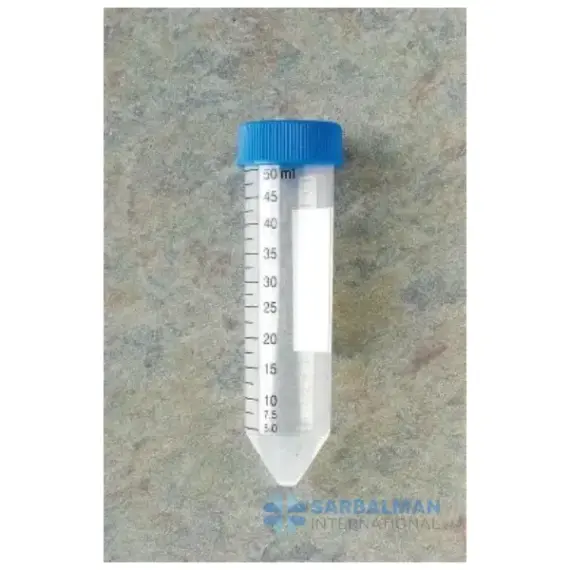Plastic Centrifuge Tube
Free!
Plastic centrifuge tubes are clear, conical lab tubes with screw caps for spinning, mixing, and storing samples. They’re lightweight, shatter-resistant, and easy to label, with graduations for quick volume checks. Ideal for 15 ml or 50 ml workflows in clinical, research, and biotech labs. Choose sterile or non-sterile options and verify temperature and g-force ratings. A dependable, budget-friendly choice for clean separations and secure sample handling.
Description
A plastic centrifuge tube is a clear, conical laboratory tube designed for mixing, separating, and storing samples during centrifugation. Most versions are molded from high-clarity polypropylene for chemical resistance and durability, and sealed with a threaded HDPE cap to prevent leakage. The conical bottom concentrates pellets for easy recovery, while a printed graduation scale and a writable panel help with accurate volume checks and labeling. Common capacities include 15 ml and 50 ml.
Key features and benefits:
• Conical design for efficient pellet formation and clean supernatant removal
• Screw-cap closure for secure, leak-resistant handling during spin, transport, and storage
• Molded graduations and frosted writing area for quick identification
• Compatible with common laboratory centrifuges, racks, and rotors
• Offered sterile or non-sterile, and in options advertised as RNase/DNase-free and non-pyrogenic
• Available in standard or self-standing formats for benchtop convenience
Typical uses and applications:
• Sample preparation in clinical labs, biotech, and academic research
• Cell culture harvests, media prep, and buffer mixing
• Phase separation, density gradients, precipitations, and wash steps
• Storage and transport of liquid reagents, pellets, and biological samples
How it compares:
• Versus glass tubes: lighter, shatter-resistant, and suitable for single-use workflows that reduce cross-contamination risk.
• Versus microcentrifuge tubes: higher volume handling (15/50 ml) for culture volumes, washes, and pooling steps.
• Many polypropylene versions are autoclavable; check the specific model’s temperature and maximum RCF (g-force) ratings before use.
Quality considerations:
• Look for sterile lots with lot traceability when required by your protocol.
• Confirm stated certifications (e.g., RNase/DNase-free, non-pyrogenic) and rotor compatibility for your centrifuge.
• Choose flat-cap or plug-seal cap styles based on your leakage and storage needs.
This versatile lab staple supports reliable separations and day-to-day sample handling across healthcare, diagnostics, environmental testing, food science, and research labs.




